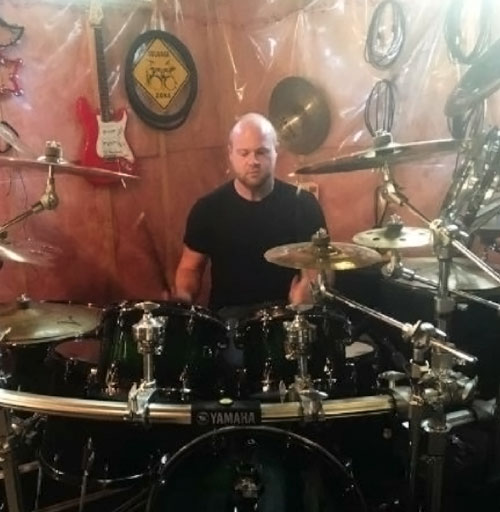
Spencer's Story
I started taking action and responsibility for my depression and doing something about it, as opposed to just accepting it or even using it as an excuse.

I started taking action and responsibility for my depression and doing something about it, as opposed to just accepting it or even using it as an excuse.
"You can’t just ask for help, you need to want the help, and you need to actively participate in the help you get and the goals you set out for yourself."
About Spencer:
I am a web developer, online marketer, and blogger with a background in electrical engineering. I am also a life long musician who loves to play, write, and record music. Learn more at spencermcleod.com.
A shift in attitude as well as a bit of an “Ah ha!” moment. I started taking responsibility for my depression and doing something about it, as opposed to just accepting it or even using it as an excuse. I also theorized that (at least in my specific case) depression can be developed over a long period of time as a result of learned thought patterns – whether consciously or unconsciously. If there is any truth to that, then it is possible to “unlearn” depression. This gave me hope.
Having a Hobby
Maintaining Some Social Contact
Routine & Setting Small Goals Daily
Action
The two biggest pieces of advice I could give is to make sure you have a way(s) to express yourself when you need to, and to take responsibility for your depression. Bottling up thoughts and feelings never leads to a good situation and amplifies how bad you feel as time progresses. Ensure you have outlets to express your thoughts and feelings honestly.
Accepting depression as something you just have to live with, or that it’s simply part of who you are did not give me any hope. When I realized that it was possible to recover from depression, I wanted to make the effort. I wanted to do something about it. I wanted to take responsibility for it.
To me, depression comes in episodes that vary in severity and length. It’s like catching a cold. It can be treated, and possibly even prevented. When I thought of it this way, my entire outlook changed and suddenly I was a little more optimistic. Suddenly I had hope.
– Spencer McLeod, web developer, online marketer, blogger, musician, based in Calgary, Alberta, Canada. Find about more about Spencer. ![]()
![]()
![]()